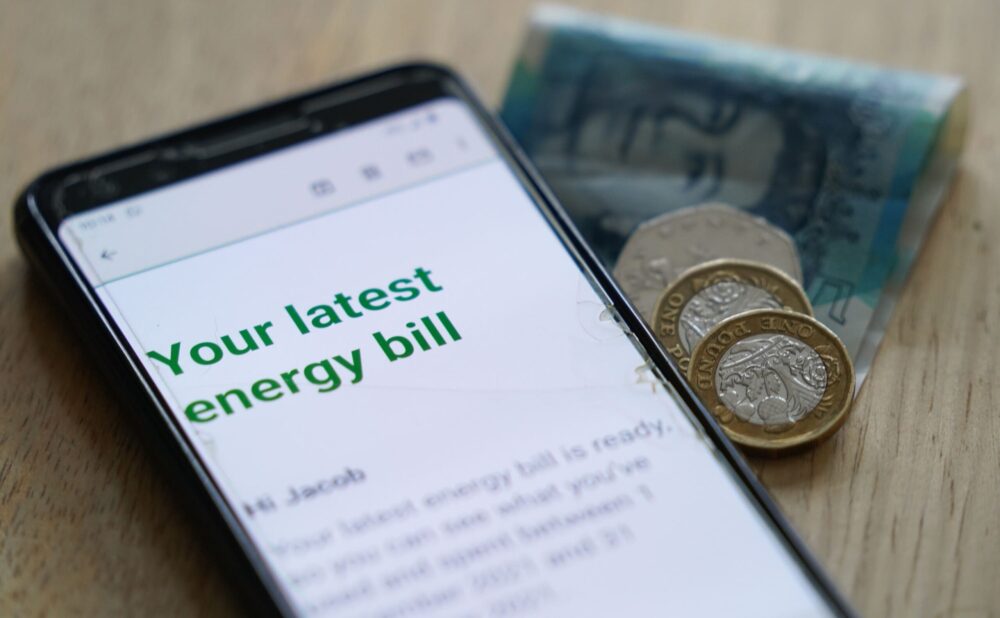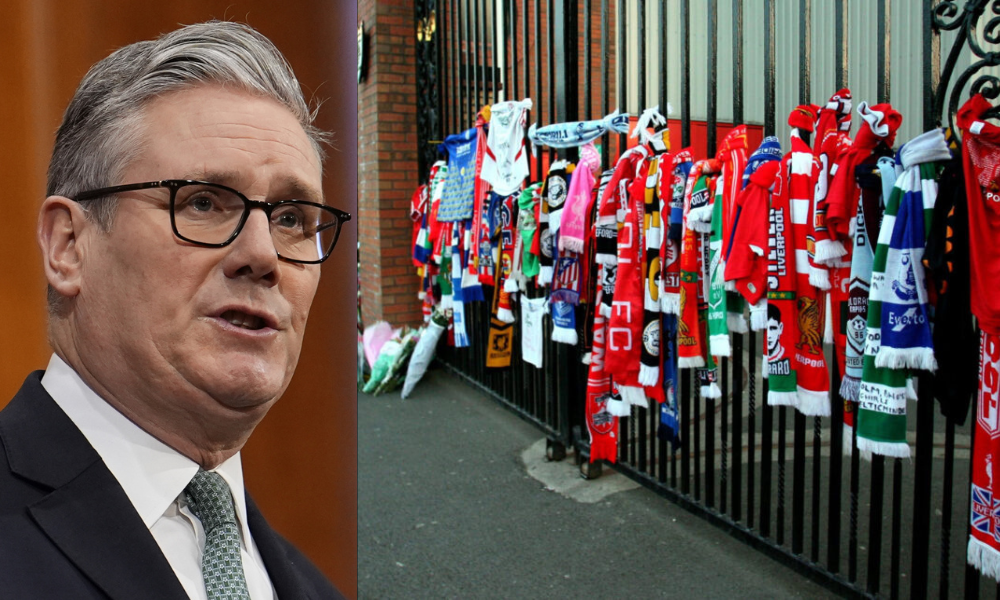
Around the UK
Support for energy bill costs will be extended until July
3 years ago

The Treasury said the extension of current support for an extra three months will cost around £3 billion.
The Treasury has performed a U-turn on plans to reduce energy bill support for millions of households from next month.
Ahead of his Budget speech, Chancellor Jeremy Hunt confirmed that the energy price guarantee for households will be extended for another three months at its current rate.
The support scheme has limited a typical household energy bill to £2,500 since October, but was due to increase to £3,000 in April to reduce the burden on state finances.
However, the Treasury has said it will now continue the scheme at £2,500 until July, as had been widely reported, in a move which will cost it around £3 billion.
The Government had come under increasing pressure in recent weeks to cancel the rise, which was set to come into force from April 1.
As wholesale energy prices have dropped, it has become increasingly affordable for the Government to continue protecting customers with the same deal they are on now.
Energy prices are now 50% lower than forecast in October and are projected to continue dropping.
Without the Government’s help, the average household would have been paying an annualised bill of almost £4,300 between January and April. But the support reduced that to £2,500.
This means that the Government has been paying around £1,800 toward each household’s energy bills.
From April, without support, the bill would have reached around £3,300 for the average household, according to the latest Ofgem price cap announcement.
From July, lower wholesale gas prices are expected to feed through further to customers, with Cornwall Insight data predicting the Ofgem price cap will reach roughly £2,100 a year for a typical household.
Mr Hunt said:
“High energy bills are one of the biggest worries for families, which is why we’re maintaining the energy price guarantee at its current level.
“With energy bills set to fall from July onwards, this temporary change will bridge the gap and ease the pressure on families, while also helping to lower inflation too.”
Nevertheless, households are nevertheless expected to feel an increased impact from energy costs as a separate voucher scheme, which sends £66 per month to every household, is still due to come to an end in April.









 Subscribe
Subscribe Follow Us
Follow Us Follow Us
Follow Us Follow Us
Follow Us Follow Us
Follow Us Follow Us
Follow Us











